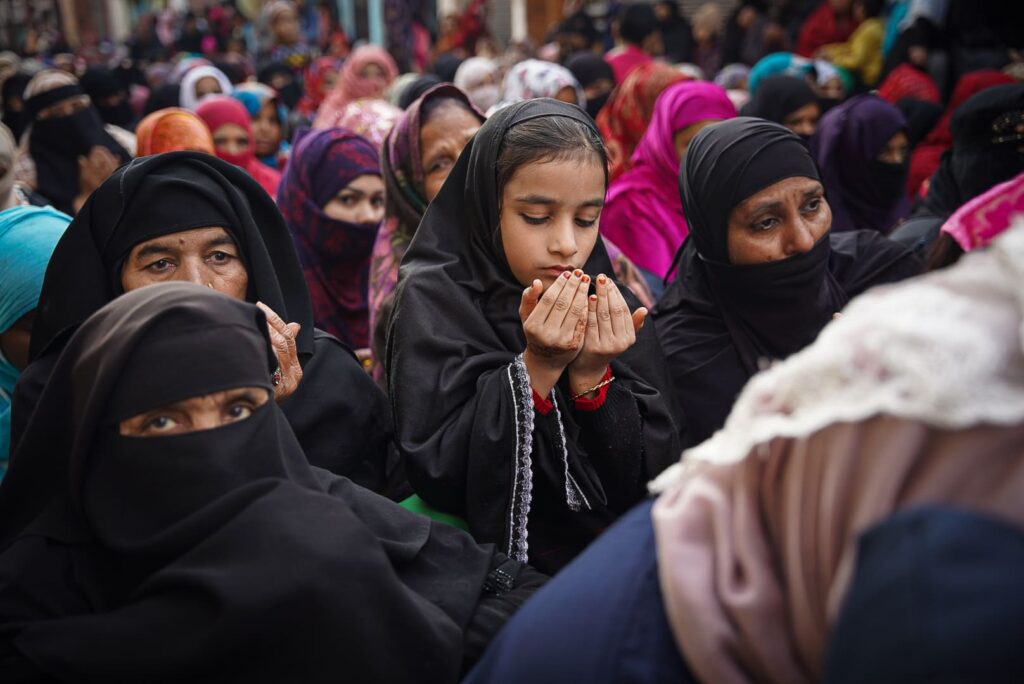
While just 16% of people were concerned about their safety before the riots that broke out earlier this month as a result of disinformation in the wake of the knife assault in Southport, 75% of people have expressed that they are very concerned about their safety now.
Based on a recent poll, three-quarters of Muslims have expressed concern over their own safety. This is an increase of approximately sixty percent since the week of far-right riots that took place across the countries of the United Kingdom.
Before and after the riots, the Muslim Women’s Network conducted a survey with two hundred of its members to determine how safe they felt in the United Kingdom.
Approximately 75% of people reported that they were extremely concerned about their safety at this time, which is a significant increase from the 16% who expressed such concerns before the riots.
Nearly one in five people said that they had experienced hatred since the attacks in Southport, which led to days of violence across the United Kingdom as a result of misinformation about the main suspect in the incident.
When hostilities between far-right protestors and counter-demonstrators broke out on Friday, August 2, Lila Tamea, who sought safety in the Abdullah Quilliam Mosque in Liverpool, stated that she had the feeling that she could not rely on the police to protect her and her community even before the riots broke out.
“There was almost a sense that the police weren’t going to protect us,” the PhD student, who is 26 years old, said in an interview.
As a result, it was of utmost significance that there was a demonstration of support from a variety of communities, not simply the Muslim community. They came out in large numbers on that Friday to defend the mosque, and they were members of the community that did not identify as Muslim.
Amina Atiq, a poet who is 29 years old, expressed her feelings by saying, “I felt as if it was not fair that we as a Muslim family did not get a chance to grieve for the three little girls.”
“Because soon after that, we felt as if we were more suspects in that attack.”
Amina expressed her dissatisfaction with the rioters’ rhetoric by posing the question, “How am I supposed to convince you to see me as a human?”
The chief executive officer of the Muslim Women’s Network, Baroness Shaista Gohir, has appealed to the government to review the legislation that it has in place regarding hate crimes.
“Hate crime has gone up in the last decade, and the hate crime strategy is out of date,” according to her statement.
“I want to see hate crime legislation strengthened with the term ‘hostility’ defined.”
Additionally, Baroness Gohir is advocating for the implementation of measures to enhance the reporting of hate crimes, particularly by Muslim women. This is being done in order to gain a deeper comprehension of the prevalence of anti-Muslim hatred and its impact.
up,”What’s really worrying me is when women are calling up saying: ‘We were abused, and we were with our children’.”
For the purpose of combating hate crimes inside the Muslim community, the charitable organisation is establishing a one-of-a-kind helpline.
Merseyside Police issued the following statement in response to the riots that occurred in Southport: “We had police officers present to reassure our community and deal with any potential crime and disorder.” At the conclusion of the event, both factions went their separate ways without any kind of conflict.